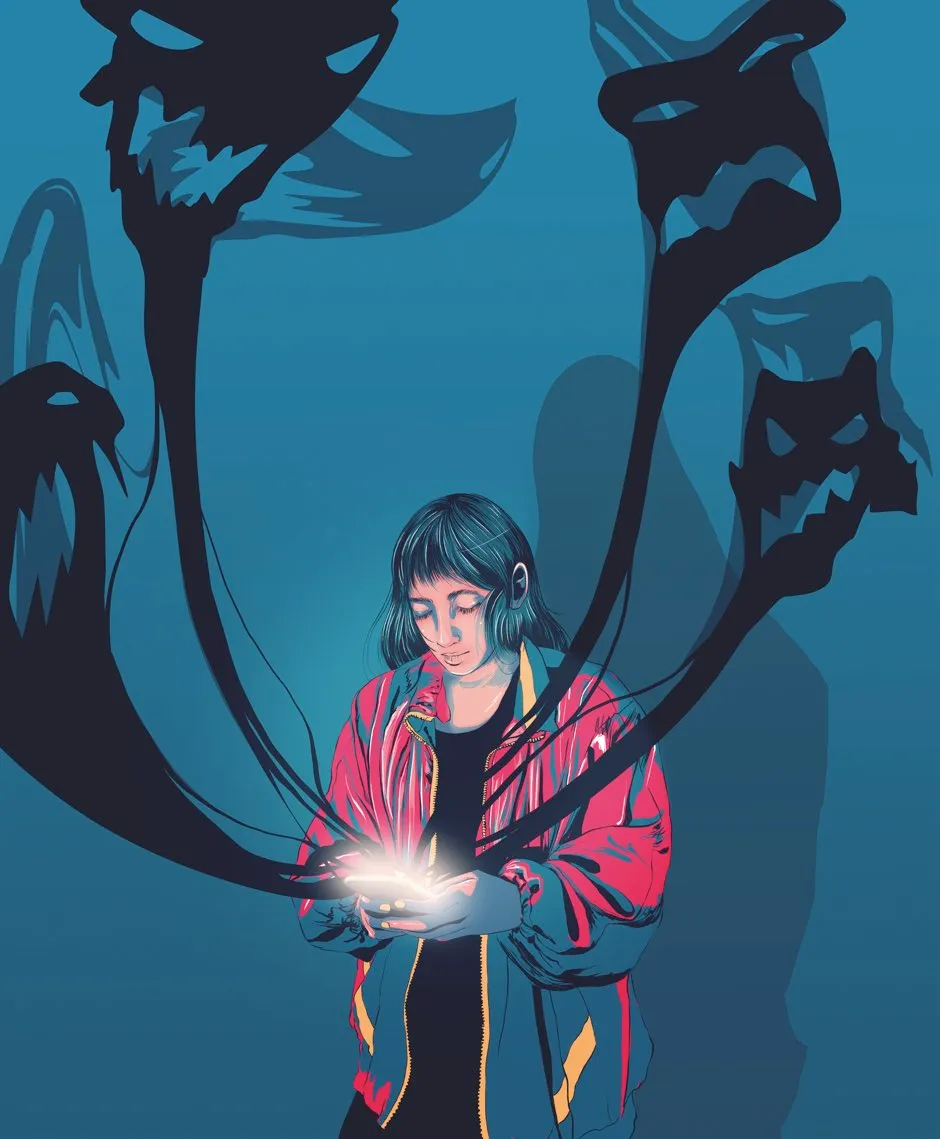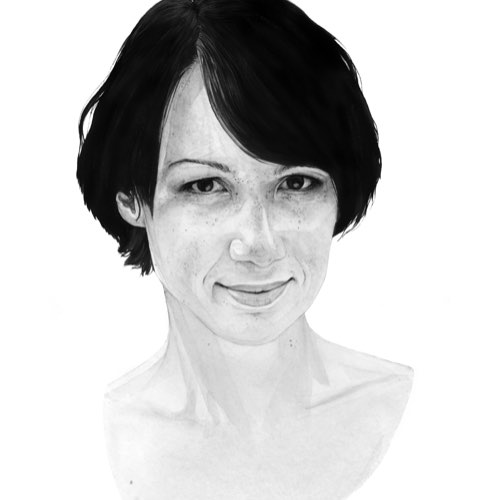A friend of mine is currently at the centre of a vicious internet storm. It’s one of her own creation, a momentary lapse that swirled into a typhoon, as the online world is wont to do. It’ll blow over, but I’m shocked at how quickly the winds picked up, and how unprotected my friend was.
I’ve seen such things before, but only from a distance: the woman who tweeted something inconsiderate before boarding an aeroplane, only to discover upon landing that it went viral; the scientist who made a public announcement about a huge scientific achievement while wearing a shirt that some found offensive; the leader of a country who’s had to grapple with the discovery of ancient photos that he wishes hadn’t seen the light of day. These moments of unthinking can barrel into huge, life-changing events with just a few clicks.
But we can’t ban the internet for causing these storms – it’s our fault, too. We love to pass judgement – while some of us try to rise above it, it’s part of our psychosocial development. Think of headlines that direct us to feel one way or another about an inept celebrity caught in the headlamps. These headlines cast characters we can judge ourselves against: the forlorn partnerless woman, the predatory femme fatale, the enviable yet malleable man at the centre of a girl fight. These modern fairy tales serve to calibrate our moral compasses.
The problem is that these characters and our reactions to them are entirely cultural and local, so when we combine this with the digital network, there’s bound to be a clash. Our tiny brains cannot fathom how many people we might be tweeting at, and so we think we are speaking to that intimate group we think is just like us, who’ll get the joke and keep it discreetly to themselves. Not so in the internet age.

Now that the moral magnifying glass is in the hands of people like you and me, those who overstep the mark are fair game. But we’re doing two things. First, we’re condemning the person who made the misstep to being forever defined by that error. Yes, they said something stupid, but maybe they just didn’t think. I don’t think all the time – in fact I’ve been known to be pretty careless. I’m not proud of it, but I am human. We’ve been loose-lipped on the internet for just two decades: it’ll take some more digital citizenship lessons for it to truly bake in.
More crucially, the second thing we’re doing is creating a forum that defaults to aggression. If we continue to be on the defensive, jumping to conclusions, we will forget nuance, context and human fallibility.+
Read more from Aleks Krotoski:
- The art of good storytelling
- The devil’s in the data when it comes to human emotions
- How tech has transformed thecreative process
- The perils of unequal internet access
Watching the internet eviscerate my friend feels like I’m witnessing one of Margaret Atwood’s ‘particicutions’: pointless and the product of a totalitarian system. A far cry from what the internet’s founding fathers imagined their brave new world to be.
So next time you see something uncomfortable online, take a breath. Remember that people make mistakes. And perhaps your public response isn’t ‘raising awareness’, but creating a world where we’re antagonistic rather than compassionate by default.
